
Find Help
More Items From Ergsy search
-

What are the different types of vaccines?
Relevance: 100%
-

Are there vaccines for meningitis?
Relevance: 77%
-

What is a vaccine?
Relevance: 71%
-

What is a subunit vaccine?
Relevance: 70%
-

Is there a vaccine for H3N2?
Relevance: 69%
-

What is a live-attenuated vaccine?
Relevance: 69%
-
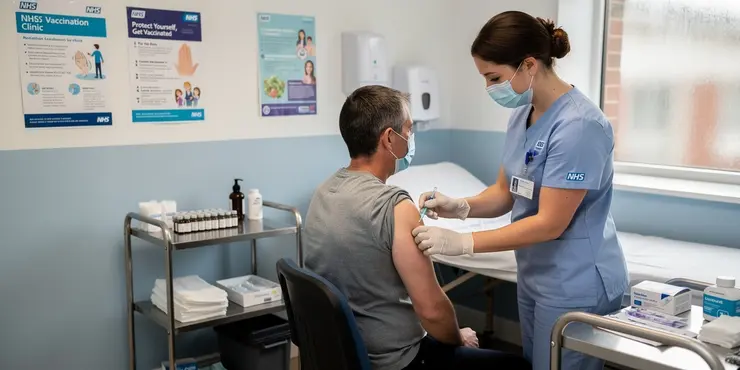
How do vaccines work?
Relevance: 69%
-

Is there a vaccine for impetigo?
Relevance: 67%
-

Is vaccination recommended for seniors against meningitis?
Relevance: 67%
-
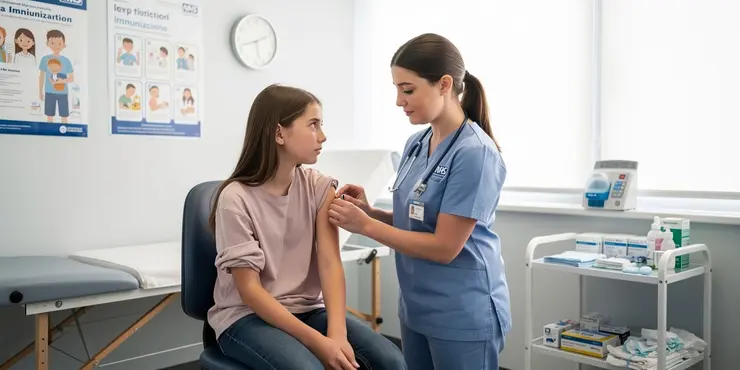
What is the year 8 HPV vaccine? | NHS
Relevance: 66%
-
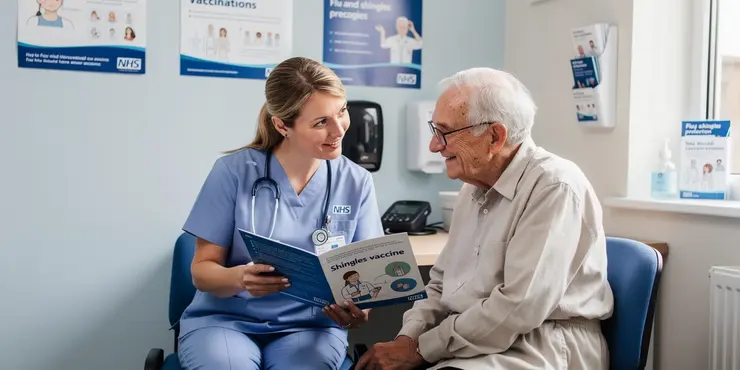
Is the shingles vaccine safe?
Relevance: 66%
-
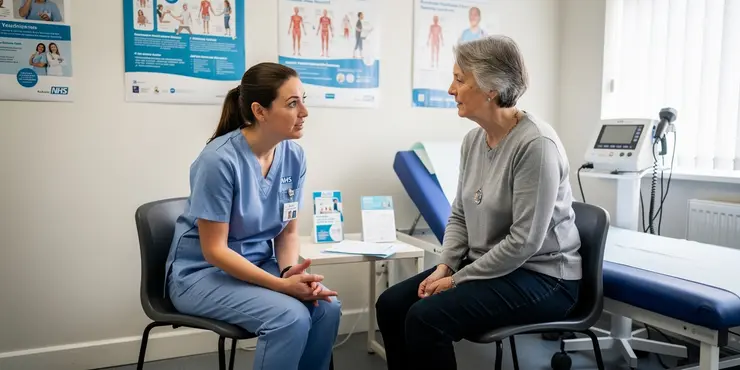
Are vaccines safe?
Relevance: 66%
-

Are there vaccines for the bubonic plague?
Relevance: 65%
-
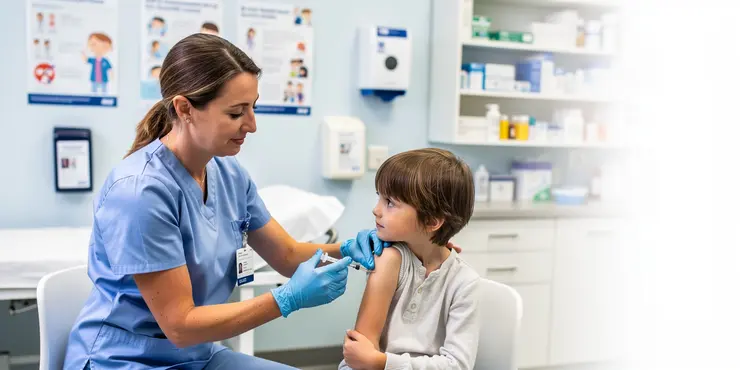
What are vaccines and how do they work?
Relevance: 65%
-

Do men need the HPV vaccine?
Relevance: 65%
-

Is there a vaccine for norovirus?
Relevance: 65%
-

Is there a vaccine for gonorrhoea?
Relevance: 65%
-

Who should get the HPV vaccine?
Relevance: 65%
-

Children's Vaccination Schedule
Relevance: 64%
-
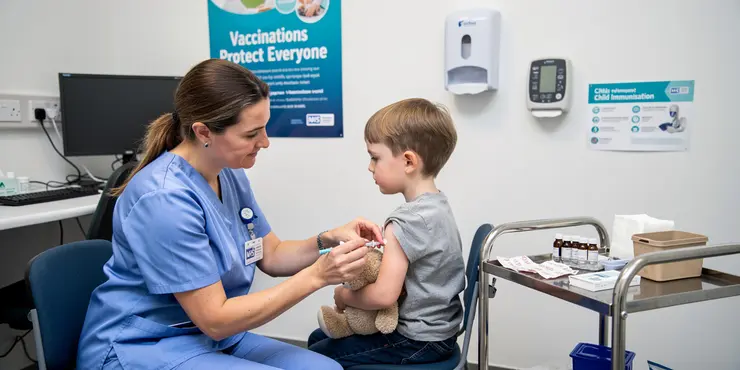
Why are vaccines important?
Relevance: 64%
-

Is there a vaccine for scabies?
Relevance: 63%
-

Are adults over 25 recommended for meningitis vaccination?
Relevance: 63%
-

How effective is the flu vaccine?
Relevance: 63%
-

What if I'm not eligible for a free flu vaccine, can I still get vaccinated?
Relevance: 62%
-

Is meningitis vaccination required for military recruits?
Relevance: 62%
-

Who should get a meningitis vaccination?
Relevance: 62%
-

Can vaccines cause the diseases they protect against?
Relevance: 62%
-

What is the MMR vaccine?
Relevance: 62%
-
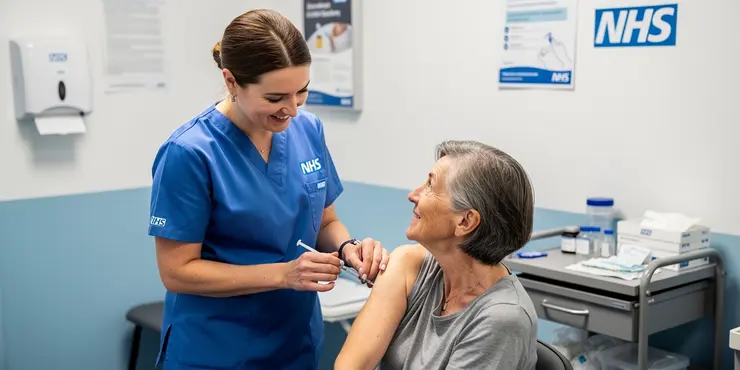
Is there a vaccine for the Zika virus?
Relevance: 62%
-

Are vaccines linked to autism?
Relevance: 62%
-
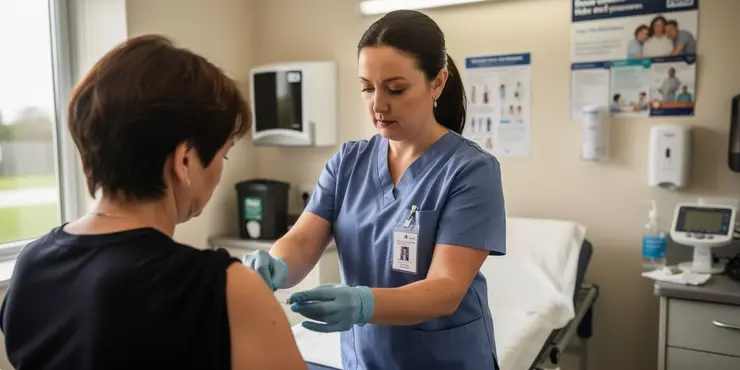
Is there a different recommendation for the MenACWY and MenB vaccines?
Relevance: 62%
-

Is there a vaccine for Lyme disease?
Relevance: 62%
-

Is there a vaccine for Marburg virus?
Relevance: 62%
-
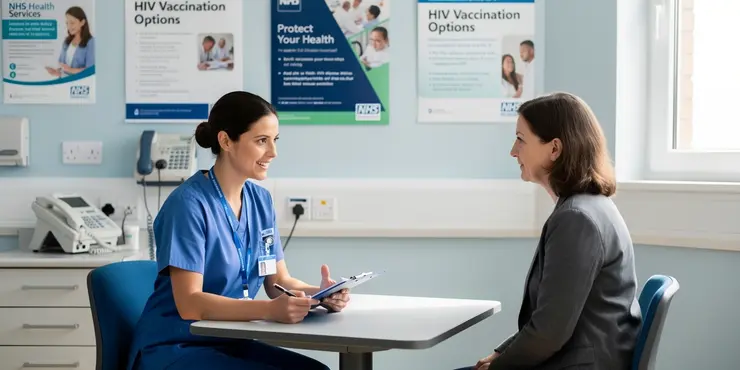
Are there vaccines available for HIV?
Relevance: 61%
-

Flu vaccinations for people with a learning disability
Relevance: 61%
-

Current Flu Vaccination Recommendations and Availability
Relevance: 61%
-

Are infants recommended to receive the meningococcal vaccine?
Relevance: 61%
-

Are there any specific groups that should prioritize meningitis vaccination?
Relevance: 61%
-

Do people who have had meningitis in the past need to be vaccinated?
Relevance: 61%
-

What are the main types of meningitis?
Relevance: 61%
Introduction to Vaccines
Vaccines have played a vital role in preventing infectious diseases and saving millions of lives worldwide. They work by stimulating the immune system to recognize and combat pathogens, such as viruses and bacteria. There are several types of vaccines, each designed to teach the immune system to fight off specific diseases. This article explores the different types of vaccines available today.
Live Attenuated Vaccines
Live attenuated vaccines contain a weakened form of the virus or bacteria that causes a disease. Because the organism is not killed, it can still replicate to a limited extent but does not cause illness in healthy individuals. These vaccines closely mimic a natural infection, resulting in a strong and long-lasting immune response. Examples include the measles, mumps, and rubella (MMR) vaccine and the BCG vaccine for tuberculosis.
Inactivated Vaccines
Inactivated vaccines consist of viruses or bacteria that have been killed, so they cannot cause disease. These vaccines often require multiple doses to build up and maintain immunity. While they typically generate a weaker immune response compared to live vaccines, they are safer for people with weakened immune systems. Polio and hepatitis A vaccines are common examples of inactivated vaccines.
Subunit, Recombinant, Polysaccharide, and Conjugate Vaccines
This category of vaccines includes only pieces of the virus or bacteria, such as proteins or sugars, instead of the whole organism. By focusing on key antigens, these vaccines can limit the unwanted reactions found in other types. Conjugate vaccines combine these antigens with a carrier protein to elicit a stronger immune response. Examples include the HPV vaccine, pneumococcal vaccine, and meningococcal vaccines.
Toxoid Vaccines
Toxoid vaccines aim to protect against disease caused not by the pathogen itself, but by its toxin. These vaccines contain a toxin made harmless to focus the immune response on the toxin rather than the organism. The immune system learns to neutralize the toxin in future encounters. Diphtheria and tetanus vaccines are well-known toxoid vaccines.
mRNA Vaccines
mRNA vaccines are a newer approach leveraging genetic technology. These vaccines use messenger RNA to instruct cells in the body to produce a protein that triggers an immune response. The COVID-19 pandemic saw the rapid development and deployment of mRNA vaccines, such as those from Pfizer-BioNTech and Moderna. These vaccines offer high efficacy and a swift production timeline, marking a significant innovation in vaccinology.
Vector Vaccines
Vector vaccines utilize a virus to deliver genetic material into cells to induce an immune response. This virus acts as a delivery vehicle, called a vector. The genetic material instructs cells to make a protein related to the target pathogen, eliciting an immune response. The Oxford-AstraZeneca COVID-19 vaccine is an example of a vector vaccine, using an adenovirus as its vector.
Frequently Asked Questions
What is a vaccine?
A vaccine is a biological preparation that provides active acquired immunity to a particular infectious disease.
What are the main types of vaccines?
The main types of vaccines are live-attenuated vaccines, inactivated vaccines, subunit, recombinant, polysaccharide, and conjugate vaccines, and mRNA vaccines.
What is a live-attenuated vaccine?
A live-attenuated vaccine uses a weakened form of the germ that causes the disease and triggers a strong, long-lasting immune response.
How do inactivated vaccines work?
Inactivated vaccines use a killed version of the germ that causes the disease, leading to a weaker immune response, which often requires multiple doses.
What are subunit, recombinant, polysaccharide, and conjugate vaccines?
These vaccines use specific pieces of the germ, like its protein, sugar, or capsid, to trigger a strong immune response with fewer side effects.
What is an mRNA vaccine?
An mRNA vaccine uses messenger RNA to provide cells with instructions to produce a protein that triggers an immune response.
What are examples of live-attenuated vaccines?
Examples of live-attenuated vaccines include the measles, mumps, and rubella (MMR) vaccine and the varicella (chickenpox) vaccine.
What are examples of inactivated vaccines?
Examples of inactivated vaccines include the polio vaccine, hepatitis A vaccine, and rabies vaccine.
What are examples of subunit, recombinant, polysaccharide, and conjugate vaccines?
Examples include the HPV vaccine, the hepatitis B vaccine, and the pneumococcal conjugate vaccine.
What are examples of mRNA vaccines?
Examples of mRNA vaccines include the Pfizer-BioNTech and Moderna COVID-19 vaccines.
How long do live-attenuated vaccines typically provide protection?
Live-attenuated vaccines usually provide long-lasting protection, often with just one or two doses.
Why might inactivated vaccines require multiple doses?
Multiple doses or boosters are often needed to build up and maintain immunity due to the weaker immune response initially provided by inactivated vaccines.
What are the advantages of subunit vaccines?
They tend to cause fewer side effects and are safer since they only use specific pieces of the germ.
What are the advantages of mRNA vaccines?
They can be developed quickly and provide effective protection while avoiding the use of live virus particles.
Can live-attenuated vaccines cause disease?
They generally cannot cause disease in healthy individuals but may not be suitable for people with weakened immune systems.
Are all vaccines suitable for everyone?
Not all vaccines are suitable for everyone; factors like age, immune status, health conditions, and allergies can affect suitability.
Why are some vaccines given as a series over time?
Some vaccines require a series of doses to build up and sustain long-term immunity effectively.
What is a toxoid vaccine?
Toxoid vaccines use a toxin made by the germ that causes a disease, eliciting an immune response against the toxin rather than the germ itself.
What are examples of toxoid vaccines?
Examples of toxoid vaccines include the tetanus and diphtheria vaccines.
How do vaccines contribute to public health?
Vaccines help protect individuals and communities by reducing the spread of infectious diseases and leading to herd immunity.
Useful Links
This website offers general information and is not a substitute for professional advice.
Always seek guidance from qualified professionals.
If you have any medical concerns or need urgent help, contact a healthcare professional or emergency services immediately.
Some of this content was generated with AI assistance. We’ve done our best to keep it accurate, helpful, and human-friendly.
- Ergsy carfully checks the information in the videos we provide here.
- Videos shown by Youtube after a video has completed, have NOT been reviewed by ERGSY.
- To view, click the arrow in centre of video.
- Most of the videos you find here will have subtitles and/or closed captions available.
- You may need to turn these on, and choose your preferred language.
- Go to the video you'd like to watch.
- If closed captions (CC) are available, settings will be visible on the bottom right of the video player.
- To turn on Captions, click settings .
- To turn off Captions, click settings again.
More Items From Ergsy search
-

What are the different types of vaccines?
Relevance: 100%
-

Are there vaccines for meningitis?
Relevance: 77%
-

What is a vaccine?
Relevance: 71%
-

What is a subunit vaccine?
Relevance: 70%
-

Is there a vaccine for H3N2?
Relevance: 69%
-

What is a live-attenuated vaccine?
Relevance: 69%
-

How do vaccines work?
Relevance: 69%
-

Is there a vaccine for impetigo?
Relevance: 67%
-

Is vaccination recommended for seniors against meningitis?
Relevance: 67%
-

What is the year 8 HPV vaccine? | NHS
Relevance: 66%
-

Is the shingles vaccine safe?
Relevance: 66%
-

Are vaccines safe?
Relevance: 66%
-

Are there vaccines for the bubonic plague?
Relevance: 65%
-

What are vaccines and how do they work?
Relevance: 65%
-

Do men need the HPV vaccine?
Relevance: 65%
-

Is there a vaccine for norovirus?
Relevance: 65%
-

Is there a vaccine for gonorrhoea?
Relevance: 65%
-

Who should get the HPV vaccine?
Relevance: 65%
-

Children's Vaccination Schedule
Relevance: 64%
-

Why are vaccines important?
Relevance: 64%
-

Is there a vaccine for scabies?
Relevance: 63%
-

Are adults over 25 recommended for meningitis vaccination?
Relevance: 63%
-

How effective is the flu vaccine?
Relevance: 63%
-

What if I'm not eligible for a free flu vaccine, can I still get vaccinated?
Relevance: 62%
-

Is meningitis vaccination required for military recruits?
Relevance: 62%
-

Who should get a meningitis vaccination?
Relevance: 62%
-

Can vaccines cause the diseases they protect against?
Relevance: 62%
-

What is the MMR vaccine?
Relevance: 62%
-

Is there a vaccine for the Zika virus?
Relevance: 62%
-

Are vaccines linked to autism?
Relevance: 62%
-

Is there a different recommendation for the MenACWY and MenB vaccines?
Relevance: 62%
-

Is there a vaccine for Lyme disease?
Relevance: 62%
-

Is there a vaccine for Marburg virus?
Relevance: 62%
-

Are there vaccines available for HIV?
Relevance: 61%
-

Flu vaccinations for people with a learning disability
Relevance: 61%
-

Current Flu Vaccination Recommendations and Availability
Relevance: 61%
-

Are infants recommended to receive the meningococcal vaccine?
Relevance: 61%
-

Are there any specific groups that should prioritize meningitis vaccination?
Relevance: 61%
-

Do people who have had meningitis in the past need to be vaccinated?
Relevance: 61%
-

What are the main types of meningitis?
Relevance: 61%


